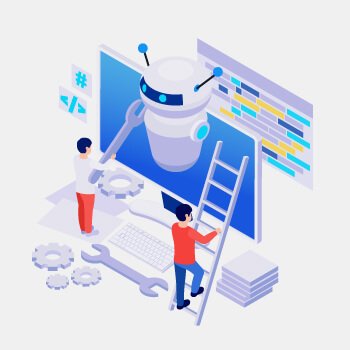Artificial Intelligence (AI) is rapidly reshaping industries, emerging as one of the most transformative innovations of our time. As more businesses and developers integrate AI into their offerings, ensuring the delivery of high-quality, dependable AI solutions has never been more critical. Forrester predicts that by 2024, 60% of companies will adopt generative AI technologies. Yet, like all software, AI can still encounter bugs, inaccuracies, or unexpected behaviour.
Beta testing plays a crucial role in the AI development cycle, acting as the bridge between theoretical models and practical application. It involves deploying AI tools in real-world settings with real users, offering developers critical insights into how the system performs beyond controlled environments. Even the most advanced algorithms can behave unpredictably when exposed to the complexity and variability of actual data and user behavior.
Why Beta Testing AI Tools Matters
Beta testing goes beyond resolving technical glitches. It’s a vital phase in aligning AI tools with real-world needs and expectations. Here’s why it’s indispensable:
1. Enhancing User Experience
The goal of any AI application is to meet user expectations. Beta testing allows developers to observe how users interact with the system in real-life situations. It reveals whether the AI is intuitive and responsive to user needs. Feedback from testers helps refine the interface and functionality, ultimately leading to a more seamless and satisfying user experience.
2. Identifying Hidden Issues
Even with extensive in-house testing, AI systems can encounter problems when exposed to new environments or data types. These can range from minor bugs to major system errors. Beta testing uncovers these issues early, allowing developers to resolve them before full-scale deployment—ensuring a smoother launch and improved product stability.
3. Validating Model Performance
AI systems rely on complex algorithms and large datasets, and their performance can vary depending on the context. Beta testing allows developers to evaluate how the model functions under diverse conditions. It also helps assess how well the AI adapts, makes decisions, and learns over time—critical factors for both short-term reliability and long-term improvement.
Also Read:
After Months of Political Unrest, the Opposition in South Korea Wins the Presidency.
Musk Says Trump’s Tax and Spending Plan Has Disappointed Him























































